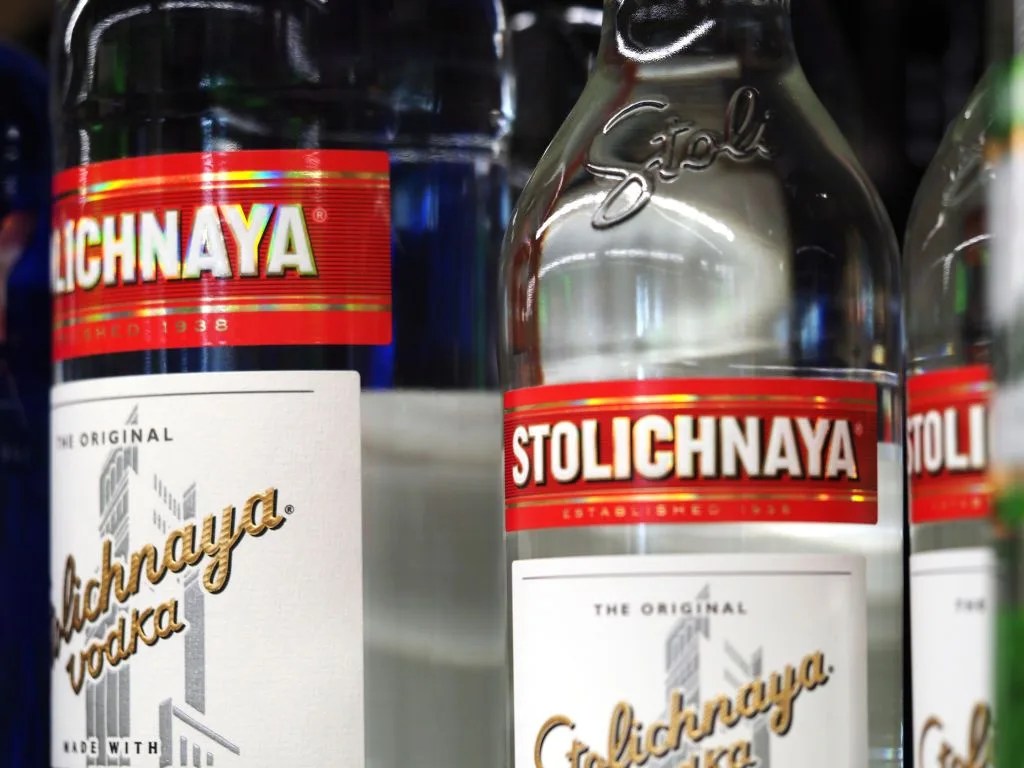World powers aren’t the only ones placing sanctions on Russia for its attack on Ukraine. Some states in the U.S. have begun calling for bans on a very specific product with deep ties to Russia: vodka.
On Saturday, Utah Governor Spencer Cox issued an executive order that required liquor stores to remove Russian-produced and Russian-made products from its shelves, citing “Russia’s ruthless attack on a sovereign nation [as] an egregious violation of human rights.” In Ohio, Governor Mike DeWine directed liquor stores to halt the sale of all vodka made by Russian Standard, the only Russian-owned distillery with vodkas sold in Ohio under the brand names Green Mark Vodka and Russian Standard Vodka.
These Russian boycotts are hardly going to do anything to Russia’s economy. In the first half of 2021, less than one percent of U.S. vodka came from Russia, according to the Distilled Spirits Council of the United States. Vodka these days are mostly produced outside of Russia, and some is even distilled in the United States. But that distinction hasn’t stopped some from misconstruing all vodka as having come from Russia.
On February 24, a tweet showed a video of a bartender at a Vermont ski resort dumping out a bottle of Stolichnaya vodka. “We don’t serve Russian products here,” the bartender says in the video. Yet despite its Russian name, Stoli is no longer made in Russia, and its company headquarters is based out of Luxembourg.
“With regard to us being Russian. We are absolutely not a Russian company,” Stoli Group global CEO Damian McKinney said in a letter. “We are a global organization with a significant portfolio of spirits and wine brands from around the world.”
Stoli’s website also features a page supporting Ukraine.
For those who are considering to support Ukraine amid Russia’s invasion, there are organizations like — UNICEF, Save the Children and CARE — that are accepting donations in their support of Ukraine. Some might even consider purchasing Ukrainian vodkas like Khor, Zirkova or Nemiroff.

